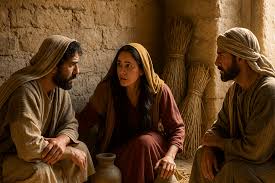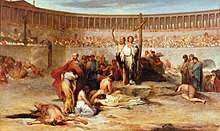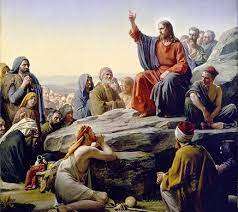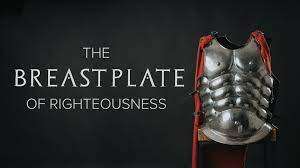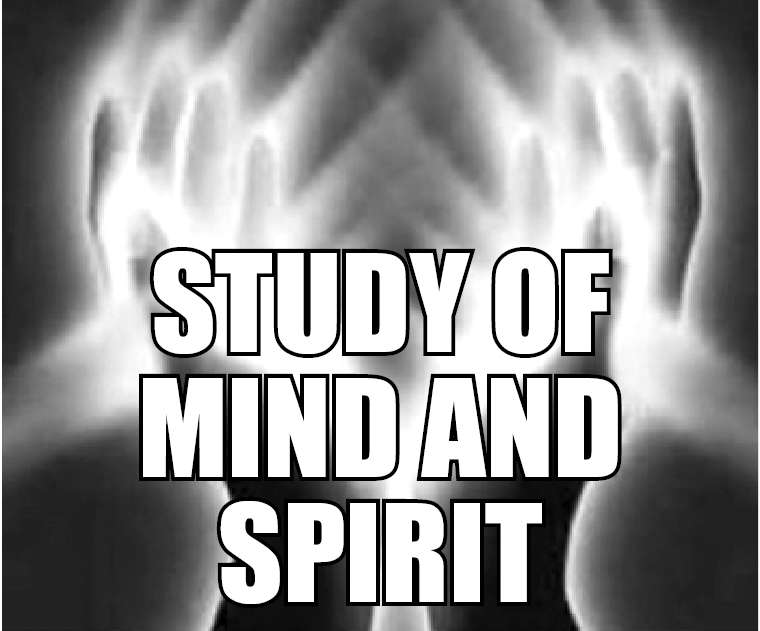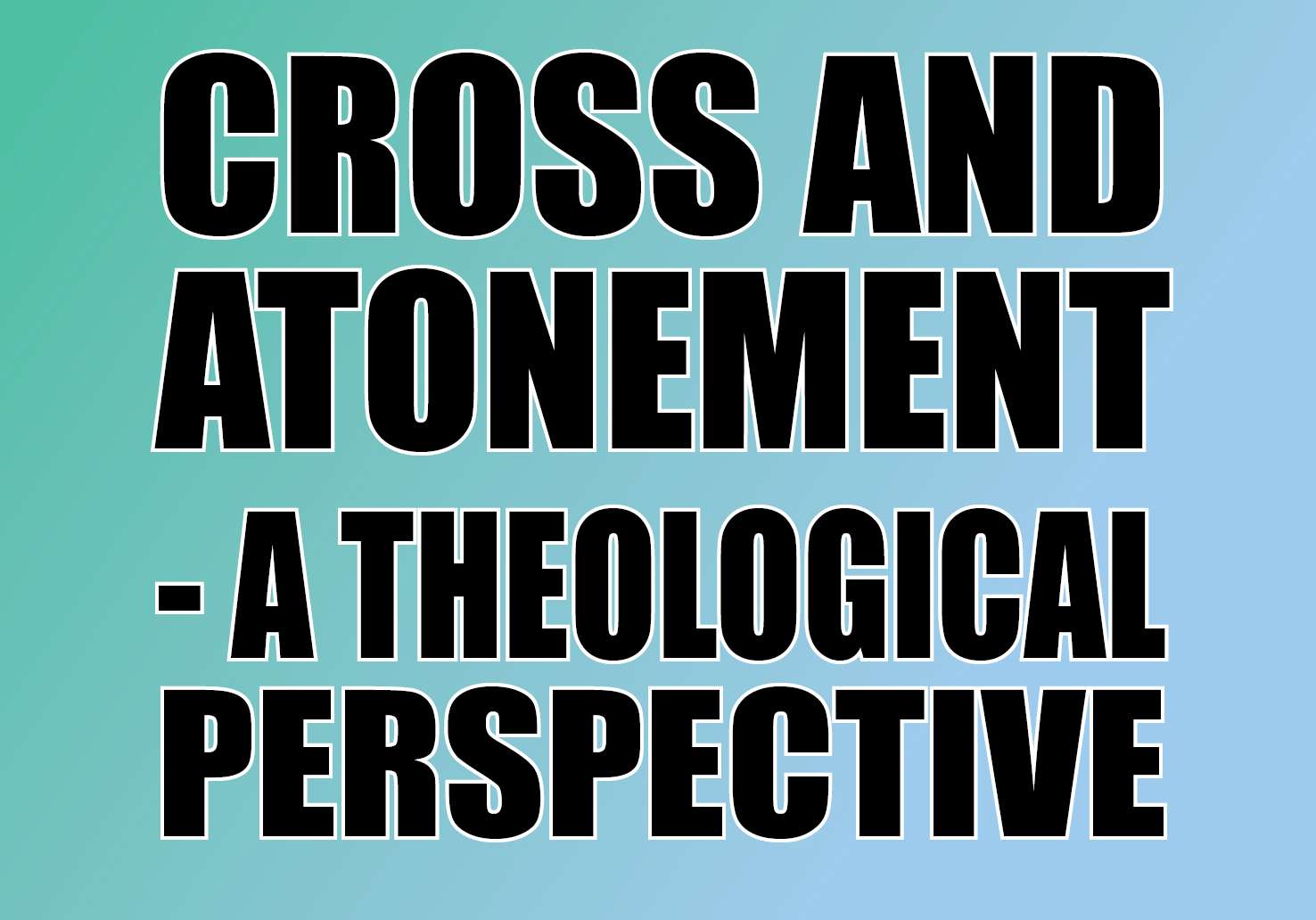

Holy Spirit - The Third Person in the Holy Trinity
Dr. Domenic Marbaniang
The Holy Spirit is God within us given by the promise of the Father through Jesus Christ by faith to regenerate, assist, transform, and guide us in life for His glory. The Holy Spirit is not a force or a sort of energy; He is God, the third person of the Trinity.
He is not a part of God nor a form of God. He is God in fullness. It is certainly impossible to mentally imagine how God can be one and yet be three persons. But it is equally impossible to find an example of Trinity in nature as there is nothing similar to God in this material world. God is Spirit, not matter, but all imagination is spatio-temporal; for example, one can imagine empty space but one cannot imagine anything, say a table, that does not occupy space. But, since God is Spirit, He cannot be imagined in spatio-temporal terms. Therefore, idolatry or representation of the Divine in spatio-temporal terms is forbidden in the Bible. Christ as God is Spirit; Christ as Man is flesh and bones. Through His incarnation and resurrection, Christ made it possible that we receive the Promise of the Spirit, so that those who are born of God by faith in Christ will rise again from the dead in a spiritual body on the Last Day (1Cor.15:44-49).
We receive the natural body, the body of death, from Adam; we receive the spiritual body, the body of life, from the Spirit who raised Jesus Christ from the dead (Rom.8:11). We are born of the Spirit (John 3:6), receive witness of divine sonship by the Spirit (Rom.8:14-16), are transformed into the divine image of the Son through the Spirit (2Cor.3:18), are led, assisted, prayed with, moved, and empowered by the Spirit (Rom.8:26,27; Eph.1:16-19). If our focus is on Adamic things, we will die as Adam; but, if our focus is on heavenly things, we will reign with Him, because we will mortify the deeds of the flesh by the Spirit, for the sons of God are those who are led by the Spirit of God (Col.3:1-4; Rom.8:13,14).
The phrase “third person of the Holy Trinity” is not from the Bible, but is a theological formulation that took shape as the doctrine of Trinity developed in the third and fourth centuries in response to various heretical and unorthodox teachings. However, the theological formulations themselves are not the authoritative source of our understanding of the Holy Spirit. As the renewal theological J. Rodman Williams rightly says, “Non-canonical writings, such as those of the Apostolic Fathers, are of some help, but we are on sure ground only when we listen to the New Testament witness.”
The Holy Spirit is visible in the Bible from Genesis to Revelation. In Genesis 1, He is seen hovering over the waters that covered the primordial earth. In Revelation 22, He is seen along with the Bride calling the thirsty to receive the water of life. In the last verse of the last book of the Old Testament, Malachi (4:5,6) the Jews were promised the return of Elijah and when we open the New Testament, we see John, filled with the Spirit from his mother’s womb, coming in the spirit of Elijah and heralding the coming of the One who would baptize not with water but with the Holy Spirit and fire. The Holy Spirit leads, guides, speaks, testifies, calls, anoints, empowers, but can also be grieved. The personality of the Spirit can be clearly known from the Scriptures.
But, more importantly, the Holy Spirit must be personally known through communion with Him (2Cor.13:14). The Holy Spirit is not like any other person we know on earth. He is closer to us than any of them. He is the one who formed us, who comes by our side, and knows not only who we are, better than us, but also what we can become through His work in us.
“The Spirit searches all things, even the deep things of God. For who knows a person’s thoughts except their own spirit within them? In the same way no one knows the thoughts of God except the Spirit of God. What we have received is not the spirit of the world, but the Spirit who is from God, so that we may understand what God has freely given us.” (1 Cor.2:10-12)
In deep communion of the Spirit, one experiences the passion, power, perspective, and purposefulness of God. Without the divine Spirit, one cannot have the divine mind-set.
“The mind governed by the flesh is death, but the mind governed by the Spirit is life and peace. The mind governed by the flesh is hostile to God; it does not submit to God’s law, nor can it do so. Those who are in the realm of the flesh cannot please God.” (Rom.8:6-8).
When one has the mind of the Spirit, one also has the might of the Spirit. For when one’s spiritual eyes are opened, the weakness of death is driven away by the power of the law of the Spirit (Rom.8:1-4; Eph.1:17-23; 2Cor.4:1-7). When one is in tune with the Spirit, then every heartbeat is an inner melody of thanksgiving and praise. To be filled with the Spirit also means to be fully and perfectly in tune with the Spirit. And, only when one is in tune with Him can one move in step with Him.
“Do not get drunk on wine, which leads to debauchery. Instead, be filled with the Spirit, speaking to one another with psalms, hymns, and songs from the Spirit. Sing and make music from your heart to the Lord, always giving thanks to God the Father for everything, in the name of our Lord Jesus Christ.” (Eph.5:18-20)
“Since we live by the Spirit, let us keep in step with the Spirit.” (Gal.5:25)
The Spirit can be grieved by bitterness in the Church (Eph.4:30). The Triune God knows no grief and pain in Himself eternally. It is only in relation to humans that God experiences grief and pain. Of course, this pain was experienced in its extremity on the Cross, but it will be false to think that God stopped suffering pain after the Cross. While the pain on the Cross was afflicted by Christ-haters, sadly, the pain in the Church is afflicted by those who call themselves Christ-lovers. The suffering of Christ on the Cross was for our sins; the suffering of the Spirit in the Church is because of our sins. The lukewarm church (that is neither Spirit-hot nor Spiritless-cold) claims to be rich and independent, but is full of sin from which she needs to repent (Rev.3:15-19). She does not reject Christ nor the Spirit, but at the same time goes about independently, out of tune, out of step. She is blind and is not able to realize that she is blind and naked. Like Adam and Eve, her natural eyes may have been open and her body covered with fig leaves, but her spiritual eyes are blind and she is naked and will be spit out if she does not repent of her sins. Now, while it is Christ who tells John to write the letter to the churches in Revelation 2-3, the warning is clear: “Whoever has ears, let them hear what the Spirit says to the churches.” (Rev.3:22).
Christ prayed for the Church that we may be one as He and the Father are one, as He in the Father and the Father in Him (John 17:11,21,22). This is not the oneness of flesh but the oneness of the Spirit. When one comes to Christ, that person becomes one with the Triune God in spirit (1Cor.6:17), indwelt by the Father, Son, and the Spirit (John 14:17,23) and being rooted in the Father, Son, and the Spirit - “I am in my Father, and ye in me, and I in you” (John 17:20). This is the communion of the Spirit which brings the fullness of spiritual joy and not grief (John 15:11). Communion of the Spirit results in spiritual fruitfulness: “love, joy, peace, longsuffering, gentleness, goodness, faith, meekness, temperance...,” (Gal.5:22,23).
The third century church father Tertullian, who first talked at great length about the Trinity, believed that the Father-Son relationship within the Trinity was temporal and not eternal. Certainly, the very terms “Father” and “Son” are to be understood in a metaphorical sense, though the relationship in orthodox theology is not anymore considered as temporal but eternal, also in relation to the doctrine of generation or procession (Filioque). The Catholic church and the Eastern Orthodox church were for centuries divided over the doctrine of the procession of divine persons in the Trinity - the Catholic church maintaining (in the Nicene creed) that the Son proceeded from the Father and the Spirit from both the Father and the Son. The Eastern church regarded the Catholic view of the Spirit’s procession from both the Father and the Son as a heresy of double procession. It maintained that the Spirit proceeds from the Father alone. Rodman Williams attempts to find a middle path when he writes that though it is true that the Spirit proceeds from the Father, it is also true that the Father sends the Spirit through the Son; thus, reinterpreting “procession” as the gift-act to the Church. Of course, this differs from the Catholic view that sees the eternal generation of persons as unrelated to creation, thus eternal:
“The second divine person proceeds from the intellect of the first divine person by generation, and therefore is related to him as Son to a Father. The third divine person proceeds from the will or mutual love of the Father and the Son as from a single principle through spiration.” (catholicculture.org)
But does all this matter? Well, it did become a bone of contention that split the church in AD 1054. Just imagine that! The very Holy Spirit by whom we are baptized into the one body for oneness with the Trinity becomes the issue for division of the body. But, while one may exercise one’s mind in rationally dissecting the doctrine of Trinity, the main issue that stands is whether one is having communion with the three persons of the Trinity; in fact, this communion is impossible except by the Spirit.

